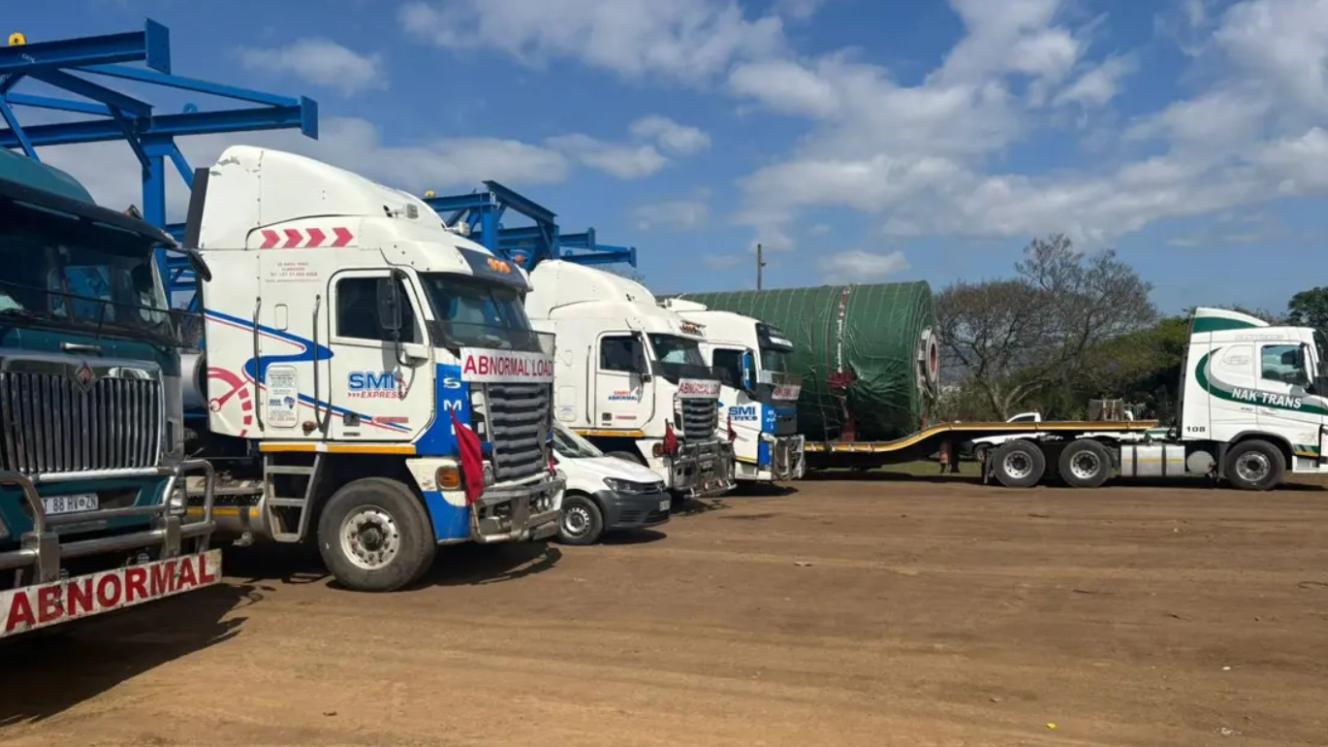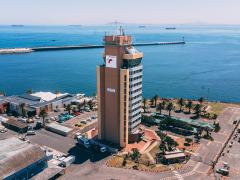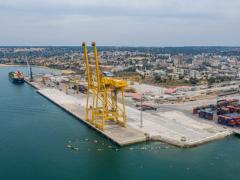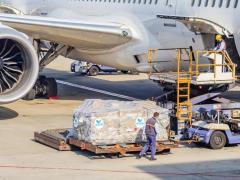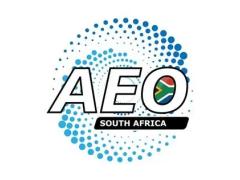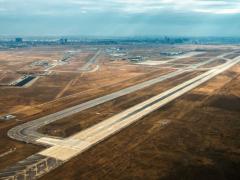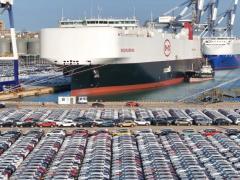Af rica Union Cargo Namibia’s strategic partnership with the Office of Multimodal Freight Management (Ogefrem) and the Democratic Republic of the Congo (DRC), is bearing fruit as efforts to improve connectivity and stimulate economic activity are gaining momentum.According to Bronwyn Hoeses of Africa Union Cargo Namibia, the collaboration focuses on streamlining customs clearance, alleviating border congestion, and reducing delays for DRC cargo. Central to the efforts is the issuance of the mandated FERI waiver certification.“The certificate is mandatory for all cargo destined for the DRC, regardless of transport mode,” she told Freight News. “Its purpose is to expedite the preclearance of shipments. By simplifying and streamlining administrative procedures, it minimises the wait times at border posts, thereby improving the trade process for transporters.”According to Hoeses, it also provides Ogefrem and the DRC government with critical data on various initiatives aimed at enhancing efficiency in the DRC’s transportation infrastructure."The DRC has grappled with longstanding challenges including decades of conf lict, political instability, and insufficient investment, all of which have hampered infrastructure development," said Hoeses. "The road network, for instance, remains underdeveloped, leaving many areas inaccessible. Similarly, the rail network, once extensive, has suffered from neglect and lack of maintenance, severely limiting its capacity and efficiency."With the DRC having made infrastructure development a top priority, the focus is now on a broader strategy to enhance connectivity, facilitate trade, and integrate more effectively with regional economies. “Key projects currently include the rehabilitation of several roads to boost internal connectivity and economic activities. There are also rail network expansion projects under way such as we are seeing on the Lobito Corridor, which connects the DRC to the Angolan port of Lobito. This project aims to facilitate the efficient transport of goods, particularly minerals in the region,” said Hoeses. “All these improvements are crucial, given the DRC's vast mineral wealth and the need for efficient transport routes to export resources and import essential goods.”The DRC has also extended its strategy to include other countries. It has signed agreements with several countries in East Africa. With Uganda, there is an agreement to develop joint infrastructure projects to enhance trade and connectivity between the two nations. Road projects include the construction of roads such as Goli-Mahagi-Bunia, Mpondwe-Beni, and Bunagana-Goma, totalling 1 182 kilometres, expected to be completed within 24 months. Cross-border infrastructure initiatives are also under way and will see the development of bridges such as the Mpondwe Bridge.“Ultimately, the DRC aims to improve the f low of goods and services between itself and its neighbours, bolstering economic cooperation, enhancing bilateral relations and delivering stability in the reg ion.”She said the FERI application had been streamlined and the process ensured efficient issuance of all certificates, with a key focus on compliance. “Best of all, our clients’ operations teams are relieved of any administrative tasks and we guarantee a quick turnaround time of 30 to 45 minutes for a draft cer tif icate.”Hoeses said they recognised the administrative burden associated with FERI applications for transporters and freight forwarders and efforts were being made to keep the process as user-friendly as possible.
